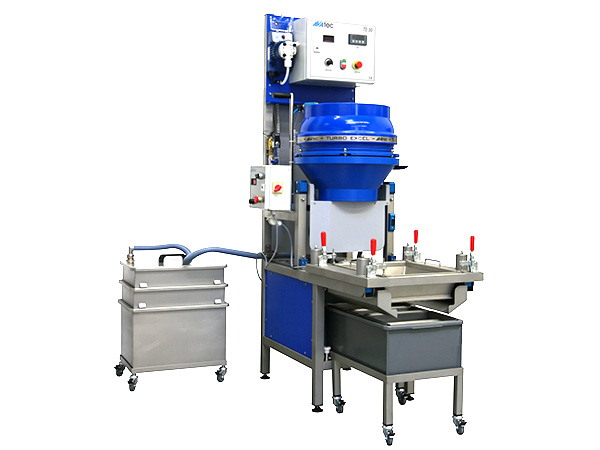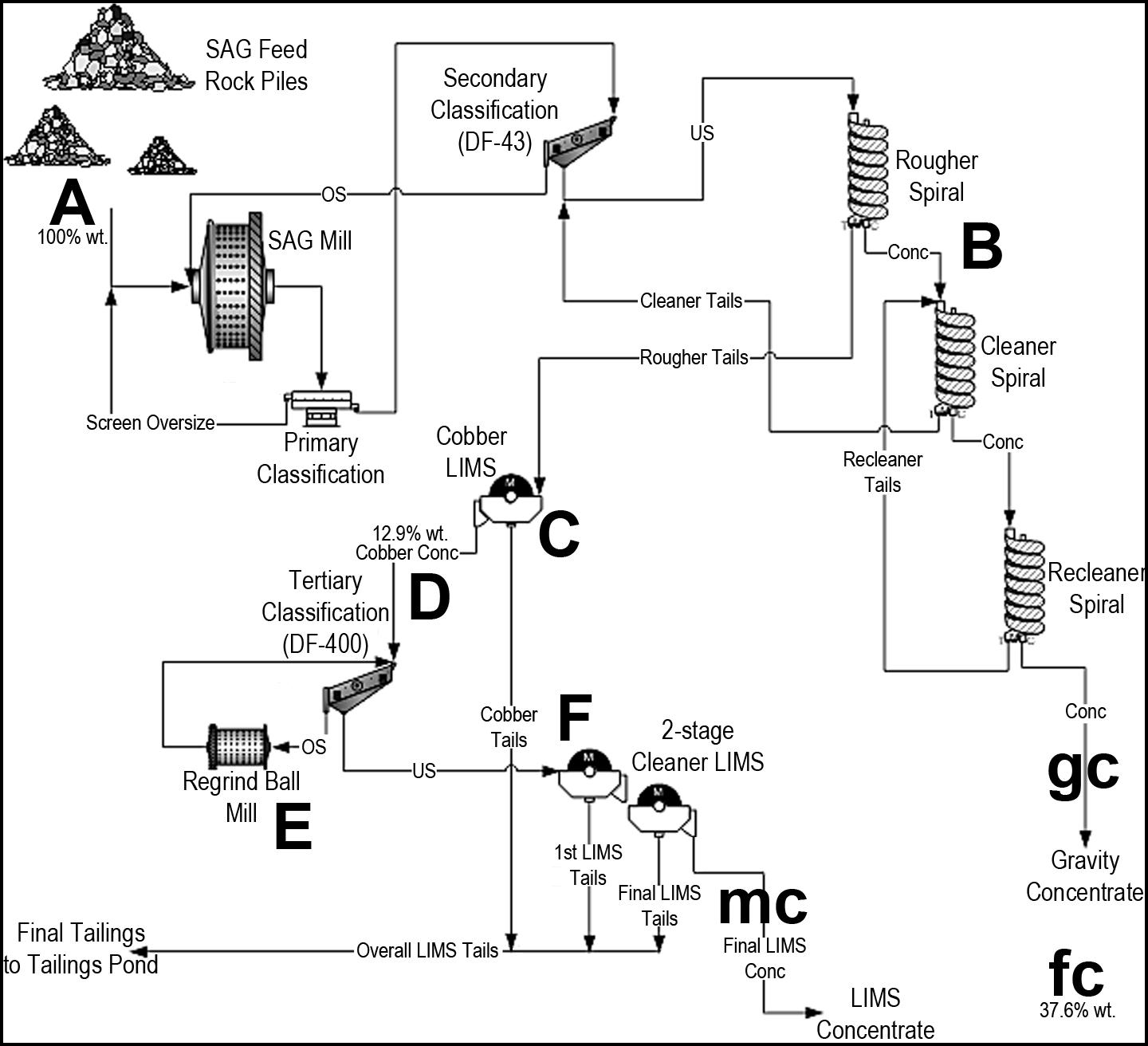

That's it! You just found the speed and discharge of a gravity flow.We are committed to providing more competitive Mineral Processing Plant Ore Equipment, Bucket Wheel Sand Washer, Symons 3ft Short Head Cone Crusher and supporting services that even more exceed customer expectations.

Multiply this value with the cross-sectional area of the pipe to find the discharge: Use the Hazen-Williams equation to find the velocity of the gravity flow. Pick "Plastic" from the drop-down list and write down its roughness coefficient.ĭivide the drop by the length of the pipe to calculate the slope. The pipe is 12 feet long, and the difference in height between the beginning and endpoints of the pipe is equal to 3 feet.ĭivide the diameter by 2 to find the radius of the pipe.įind the cross-sectional area of the pipe.ĭivide the area by the perimeter to find the hydraulic radius of the pipe. Let's use the pipe flow calculator to determine the velocity and discharge of a plastic pipe, 0.5 feet in diameter. Make sure to use our flow rate calculator to convert between the discharge ( volumetric flow rate) and the mass flow rate. Once you know the velocity of the gravity flow, you can also find the discharge, Q, by multiplying the cross-sectional area of the pipe by the flow speed:

Remember that if the pipe slope is not constant but changes all the time, the actual water flow speed will differ from the obtained result. To calculate the slope S, you must divide the pipe length by the drop (height difference between the beginning and endpoints). In this pipe flow calculator's Advanced mode, you can view and modify all these parameters (area, perimeter, hydraulic radius). Where r is the pipe radius, and d is the pipe diameter. If the pipe is circular, you will find it according to the following equation: The hydraulic radius, R, is the proportion between the area and the perimeter of your pipe. You can pick a material from a drop-down list or input the value of C manually if you know the roughness coefficient of your flow system. The roughness coefficient C dependents on the material of the pipe. You don't need to know the values of C, R, or S in order to use our pipe flow calculator – we calculate them for you! k - Conversion factor dependent on the unit system ( k = 0.849 for the metric system and k = 1.318 for the imperial system).It is unitless, but sometimes expressed in m/m and S - Slope of the energy line (frictional head loss per length of pipe).



 0 kommentar(er)
0 kommentar(er)
